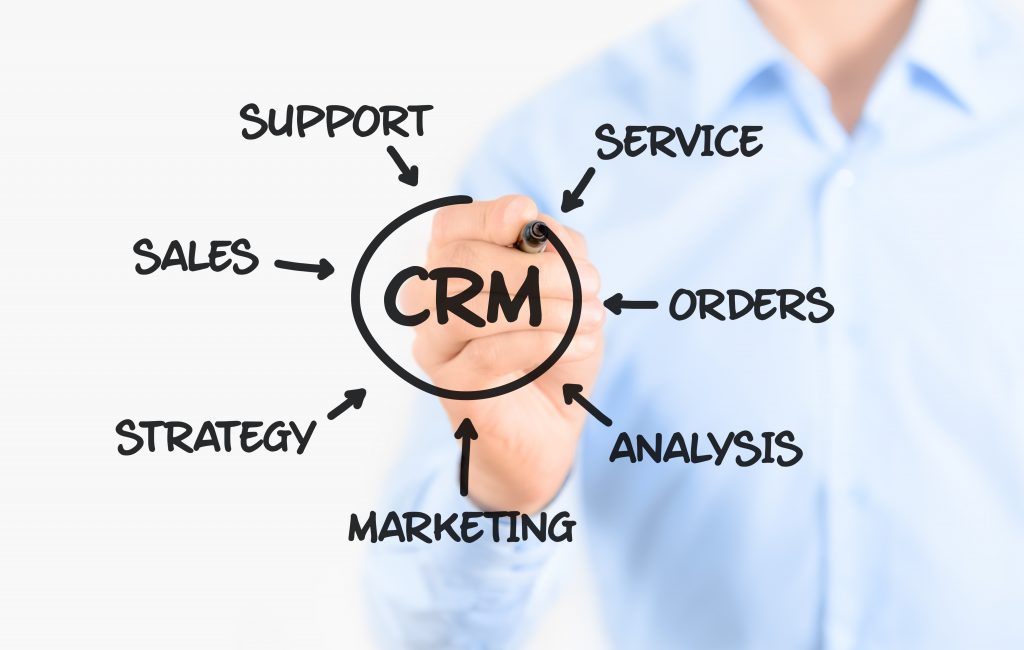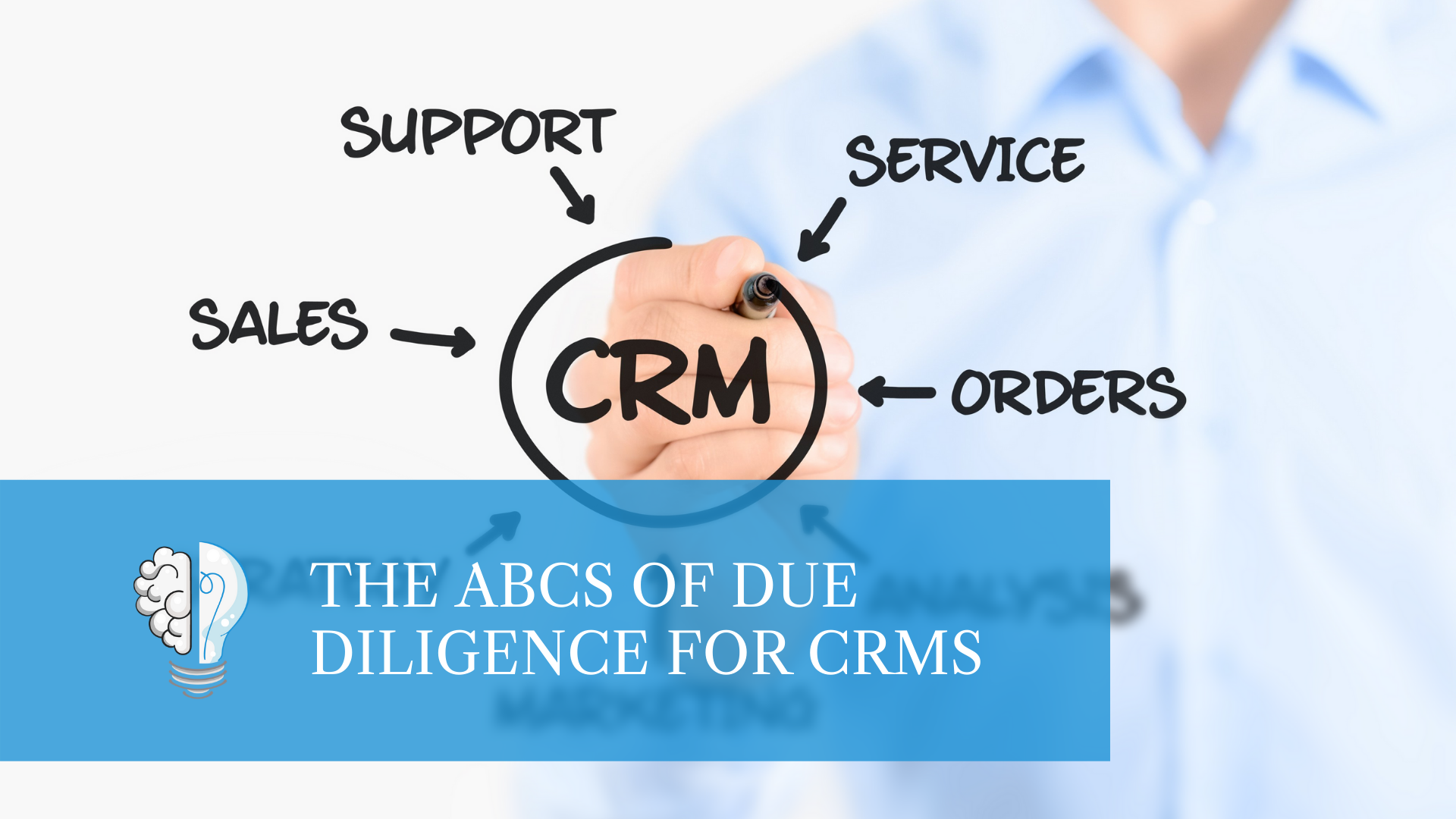For businesses of a certain size, a Customer Relationship Management (CRM) system of some kind is necessary. As businesspeople of almost any type, we have been on the receiving end of one.
Customer Relationship Management (CRM) is the incorporation and organization of data, content, scheduling, and other information into a software system that then allows the company or organization using it to methodically execute and track sales or other communications. It is a great way to consolidate your company’s communications in order to make it accessible to all teams and in this way foster team cohesion and increase the performance of the company.
And so much more.
A respectable CRM Sallows you to design a “lifecycle” of a sales prospect or others with whom you wish to systematically reach. That is, once programmed, it usually automatically triggers and tracks various levels of email, mail, social media, or another computer-generated contact with content appropriate to each level of that contact. Although capable of operating independently as such on a pre-determined schedule, it can also provide notifications to anyone, or everyone, within your company to augment any outreach through manually executed calls, visits, or other actions.

Internally, the CRM should at a minimum be able to track and make available to you information on who received what and when. If by email, which was opened, forwarded, or requested to be unsubscribed. The right Customer Relationship Management can be as sophisticated as you need.
So, are the guidelines for the right CRM?
Customer relationship management software includes guidelines that are very important to conduct sophisticated direct interactions that take place in the system in order to successfully organize and track all the relevant information you need.
The options can be overwhelming. Adopting the wrong one can be direct dollar expensive, waste time — and those dollars, offer too much, offer not enough, be ill-suited in other ways, or embarrassing in their performance.
Here are some of the important guidelines:
1) Ideally, hire an independent CRM evaluation consultant to provide you with options. You are spared multiple sales pitches and all that that implies. We offer this at New Matrix Solutions.
2) Whether you go it alone or not, you will need to assess what your needs are. Noncommittally read through the benefits of some of the larger CRM offerers out there to get an idea of the overall capabilities available by the industry, but don’t let anyone’s product dictate your needs. Decide what your company and its people need it to do. That list is your true starting point.
3) Know how it will be used technically. Largely through mobile devices? Internal sales team only? Its level of sophistication and technical usability compared to those who will be using it. What is the lead-time for training to get it up and running?
4) Determine if any specific CRM technology is favored by your industry, companies your size, or other factors. That may mean something.
5) Costs and contracts. Most companies allow you to try before you buy and take advantage of that. Ride it hard, and keep notes of what works and what you may have problems with. Develop a Return on investment (ROI) formula and apply it, or let us help you.
As complicated as some of this may sound, working with the right CRM is worth it. If it’s scalable, it will grow with you, and you may only have to make this decision and conduct this level of due diligence once.
Sales and Sales Training Specialist Frank Bastone can be reached at 718 662 8581, or schedule time for a chat here.




